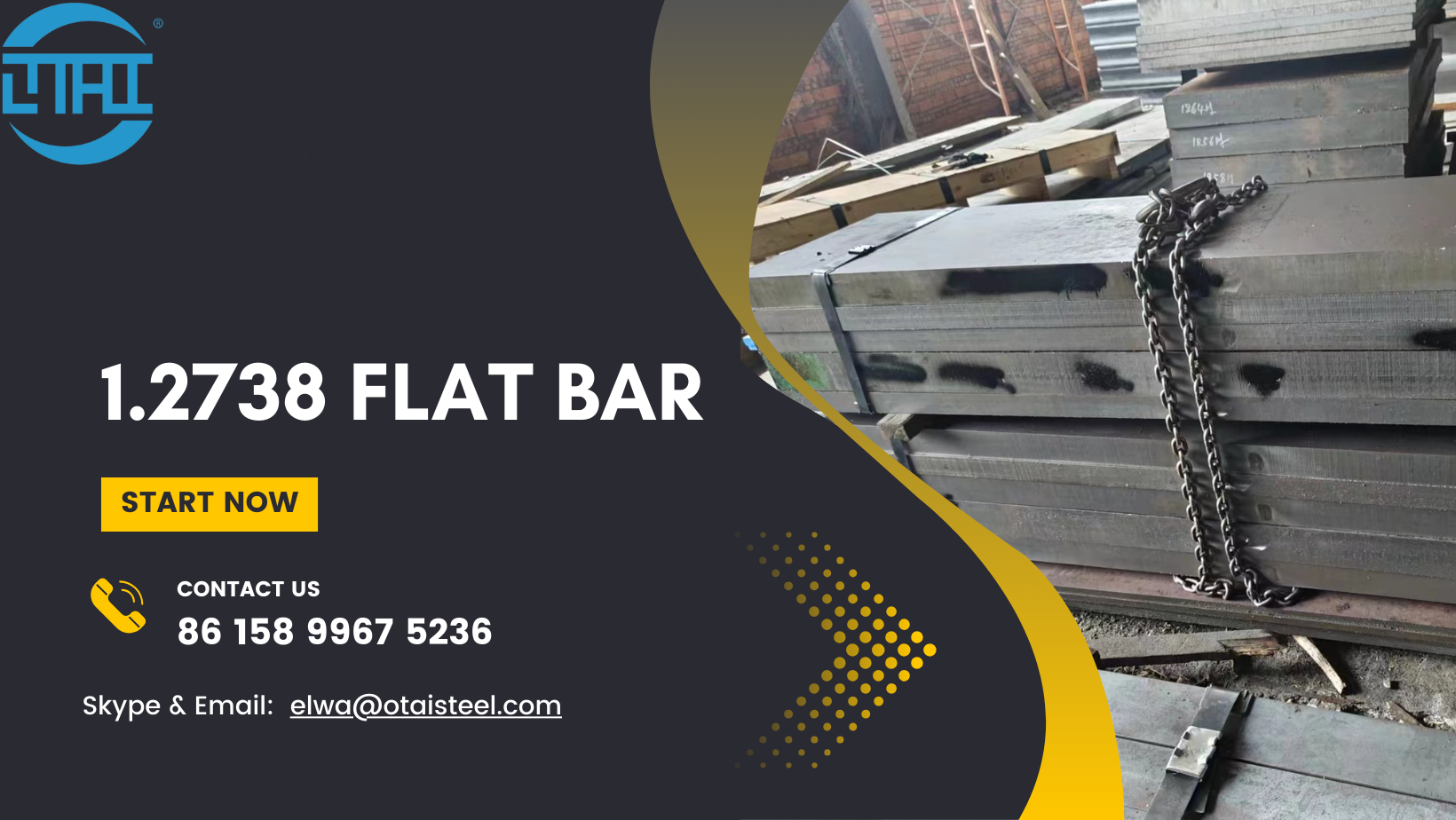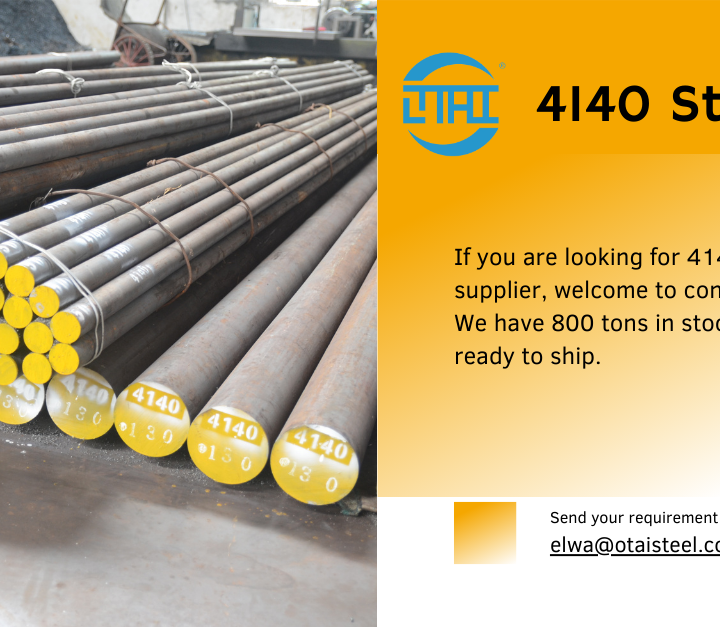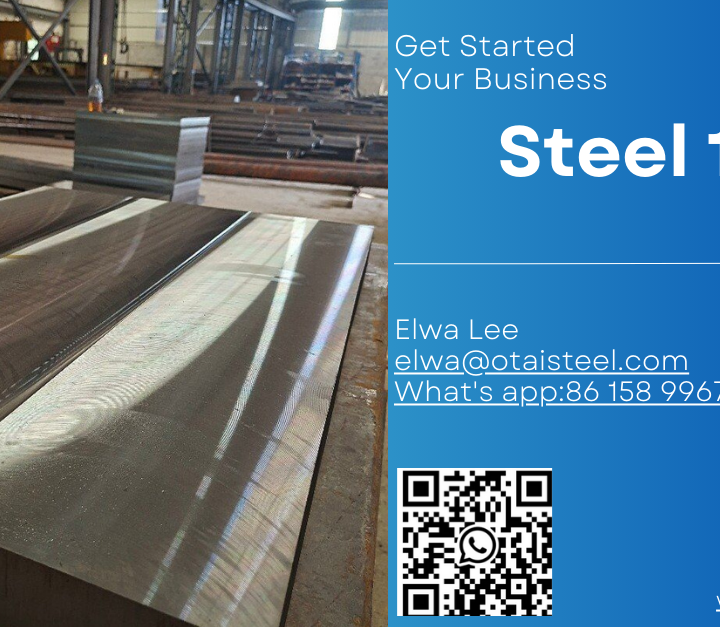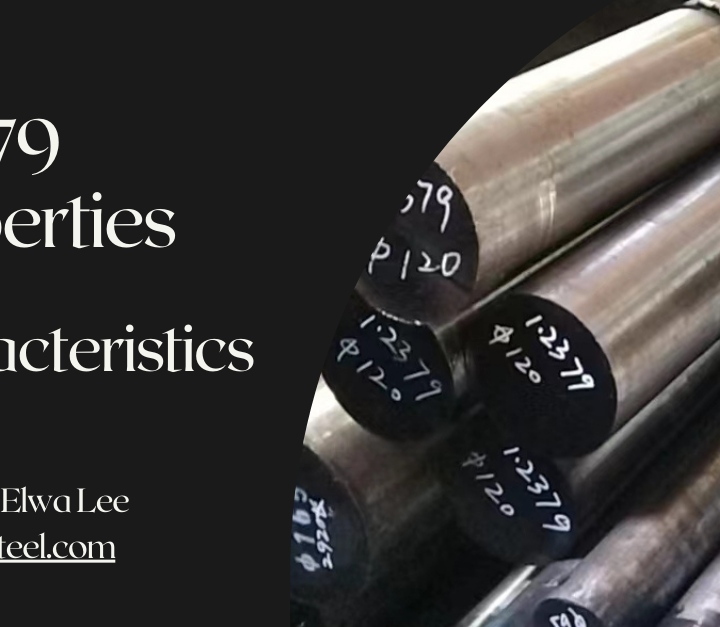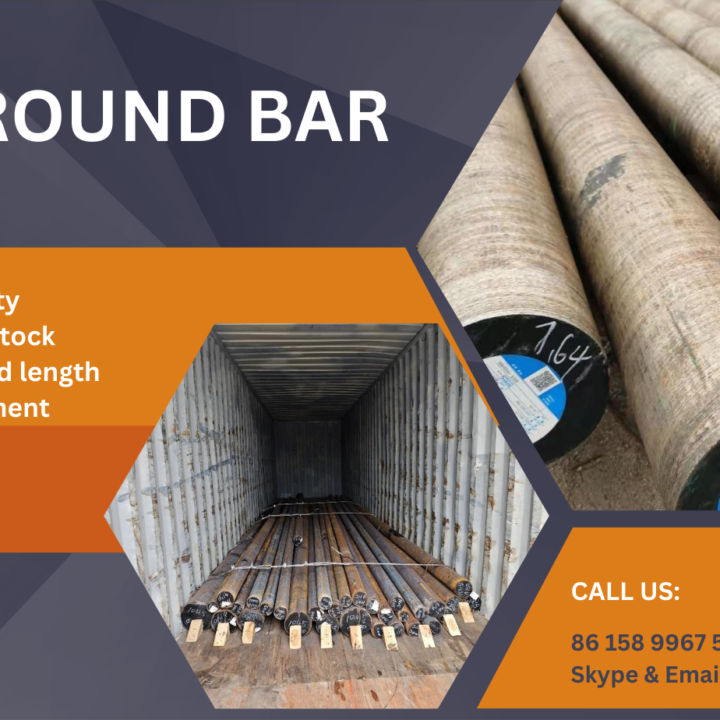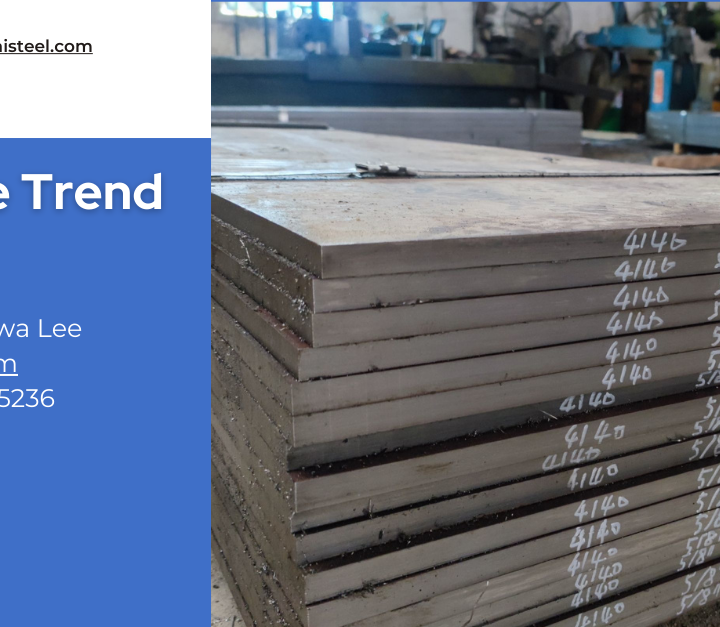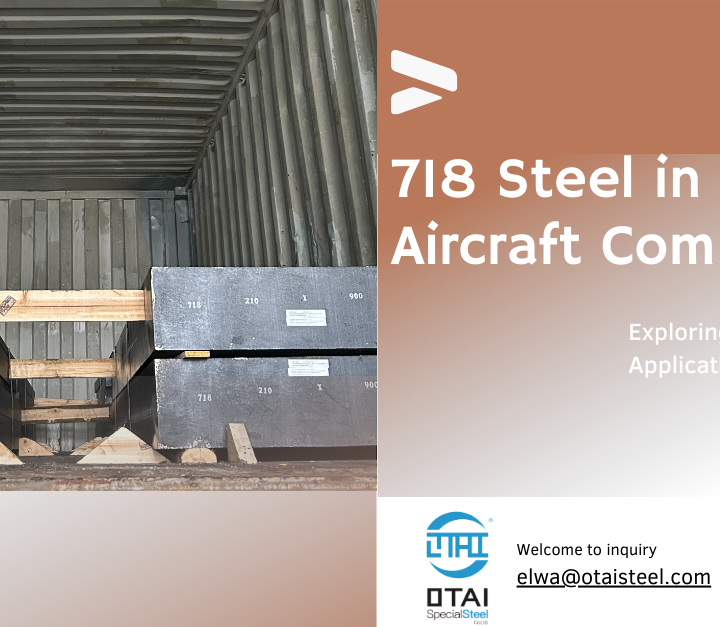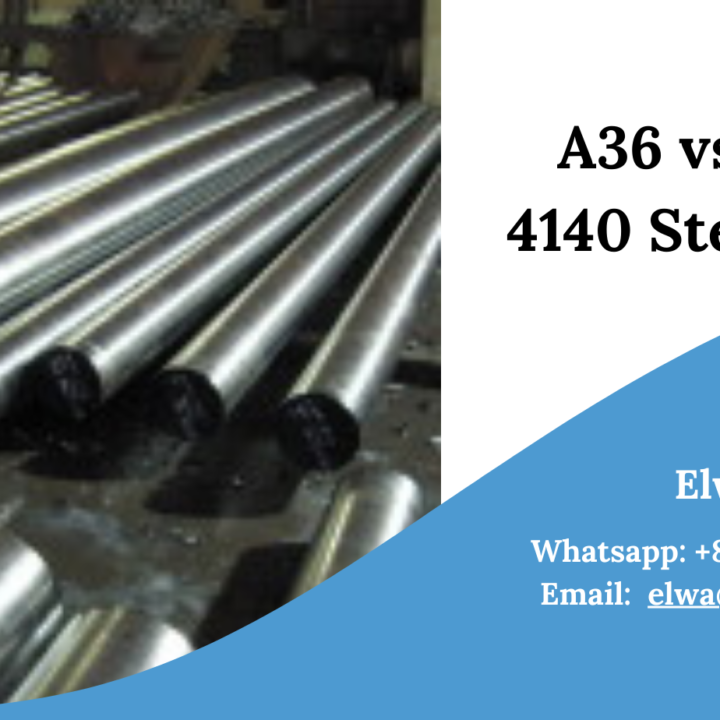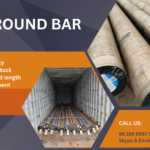When it comes to the manufacturing and tooling industries, choosing the right material is paramount. Among the many steel options available, 1.2738 steel bars stand out for their exceptional properties and versatility. Whether you’re involved in mold-making or heavy machinery, understanding the benefits and applications of 1.2738 steel bars can help you make informed decisions for your projects.
Overview
1.2738 steel bars, also known as DIN 1.2738, are pre-hardened steel with a specific composition tailored for durability and strength. This type of steel is widely used in plastic mold industries and die-casting applications due to its excellent machinability and uniform hardness.
The Importance in the Industry
In the tooling and molding sectors, the reliability of the materials used is crucial. 1.2738 steel bars offer a balance of toughness, strength, and machinability, making them an ideal choice for producing high-quality, long-lasting molds and tools. Their uniform hardness ensures consistency and precision in manufacturing, which is why they are favored by professionals worldwide.
Key Features
The appeal of 1.2738 steel bars lies in their unique combination of features:
- High polishability
- Excellent machinability
- Uniform hardness throughout
- Good toughness and wear resistance
- High tensile strength
These attributes make it a go-to material for a variety of demanding applications.
Chemical Composition
Understanding the chemical makeup is essential to appreciate their properties. The primary elements contribute to their strength and durability.
Essential Elements
1.2738 steel bars are composed of:
- Carbon (C): 0.37 – 0.45%
- Silicon (Si): 0.20 – 0.40%
- Manganese (Mn): 1.30 – 1.60%
- Chromium (Cr): 1.80 – 2.10%
- Molybdenum (Mo): 0.15 – 0.25%
- Nickel (Ni): 0.90 – 1.20%
- Sulphur (S): ≤ 0.005%
Carbon Content
The carbon content in 1.2738 steel bars ensures hardness and strength, making them suitable for heavy-duty applications.
Chromium and Manganese
Chromium enhances corrosion resistance and toughness, while manganese improves hardenability and tensile strength, ensuring the steel performs well under stress.
Mechanical Properties
The mechanical properties of 1.2738 steel bars are what make them so desirable in various industries. These properties include:
Strength and Hardness
1.2738 steel bars have a tensile strength of approximately 1000 – 1300 MPa and a hardness range of 28 – 34 HRC. This balance of strength and hardness ensures they can withstand significant stress without deforming.
Toughness and Ductility
Despite their hardness, 1.2738 steel bars maintain excellent toughness and ductility, which means they can absorb energy without fracturing. This property is crucial for applications requiring high impact resistance.
Manufacturing Process
The manufacturing process of 1.2738 steel bars involves several critical steps to ensure the final product meets industry standards.
Melting and Refining
The process begins with melting raw materials in an electric arc furnace, followed by refining to remove impurities. This step ensures the steel achieves the desired chemical composition.
Casting and Forming
The refined steel is then cast into billets or ingots, which are further processed into bars through hot rolling. This forming process aligns the grain structure, enhancing the steel’s mechanical properties.
Heat Treatment
Heat treatment is a crucial step in the production. This process involves heating the steel to a specific temperature and then cooling it rapidly to achieve the desired hardness and toughness.
Applications
They are used in a variety of applications due to their robust properties. Some of the most common uses include:
Plastic Mold Industry
They are widely used in the plastic mold industry for manufacturing injection molds. Their uniform hardness and excellent machinability make them ideal for creating detailed and precise molds.
Advantages
Enhanced Durability
The composition ensures they can withstand high stress and wear, making them highly durable.
Improved Machinability
they are easier to machine compared to other types of steel, reducing production time and costs.
Consistent Performance
The uniform hardness and excellent mechanical properties guarantee consistent performance across different applications.
Quality Assurance
At Dongguan Otai Special Steel, we ensure that all our 1.2738 steel bars undergo rigorous quality checks to meet the highest standards. Our steel bars are tested for chemical composition, mechanical properties, and hardness to ensure they meet your specifications.
Competitive Pricing
We offer competitive pricing for our 1.2738 steel bars without compromising on quality. Our goal is to provide you with the best value for your investment.
Conclusion
1.2738 steel bars are a versatile and reliable choice for various industrial applications. Their excellent mechanical properties, combined with their ease of machining and uniform hardness, make them an invaluable material for mold-making, die casting, and more. By choosing Dongguan Otai Special Steel as your supplier, you can be confident in receiving high-quality 1.2738 that meet your specific needs.
FAQs
- What makes 1.2738 steel bars suitable for mold making?
It offer uniform hardness and excellent machinability, making them ideal for creating detailed and precise molds. - How do I ensure the quality?
Choose a reputable supplier like Dongguan Otai Special Steel, which conducts rigorous quality checks on all steel bars. - Can it be used in the automotive industry?
Yes, their durability and strength make them suitable for producing various automotive components. - What is the typical hardness range ?
The hardness range is typically between 28 – 34 HRC. - How can I get a quote ?
Contact Dongguan Otai Special Steel through our website or email to get a competitive quote for your requirements.
